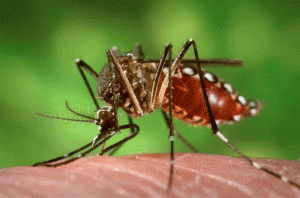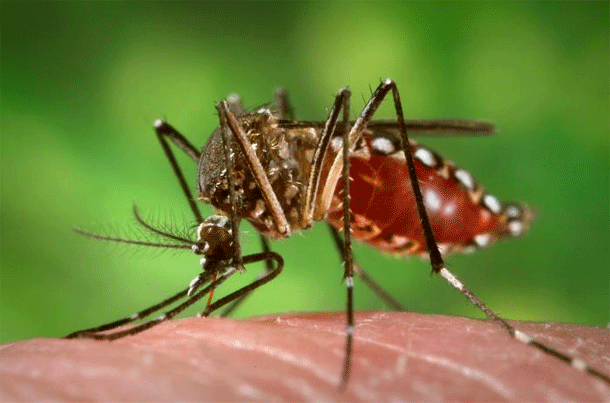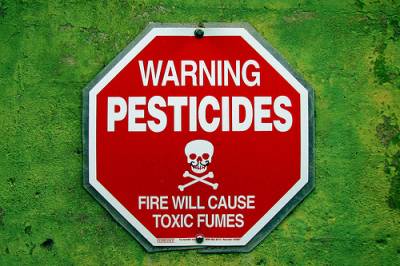
Monsanto's combination of genetically modified seed and Roundup herbicide was supposed to ensure that crops across America grew tall while weeds were laid low. Some 15 years later, most of the corn, soybeans and cotton cultivated in the U.S. stems from these Roundup Ready seeds. But a growing number of these crop acres are also reluctant hosts of Roundup-resistant “superweeds.” Repeated application of the herbicide has literally weeded out the weak weeds and given the rare resistant weeds the opportunity to take over. The situation, according to a report published last Friday in the peer-reviewed journal Environmental Sciences Europe, has driven growers to use larger quantities of Roundup, more often and in conjunction with a broader arsenal of other weed-killing chemicals.
In a new report published today, GeneWatch UK publishes evidence that genetically modified (GM) insect factories could spread antibiotic resistant bacteria into the environment, posing a risk to human health. Antibiotic resistance is recognised to be a major problem for human and animal health as it makes treatments for many bacterial infections ineffective. Bacteria that are resistant to multiple antibiotics are sometimes known as “superbugs”.
UK company Oxitec has developed GM mosquitoes and agricultural pests which are bred using the common antibiotic tetracycline in their feed. The report explores concerns that mass-breeding and repeated large-scale open releases of such GM insects could spread antibiotic resistance into the environment, potentially creating more superbugs.
“Mass production of GM insects in factories, using antibiotics as an additive in their feed, could lead to drug resistance in bacteria, leading to the spread of superbugs as billions of insects are released into the environment in future” warned …
The report raises concerns that the bacteria and antibiotic resistant genes may spread through the insect population, from the mainly male GM insects that are released to their wild mates and offspring, and that horizontal gene transfer may lead to transfer of antibiotic resistance to bacteria, causing food- and water-borne diseases, such as E. coli, via larvae that develop in food (agricultural pests) or water (mosquitoes).
GeneWatch also points to the possible transfer to humans or animals, for example by swallowing GM agricultural pests at the larval stage when they will contaminate fruit and vegetable supplies, or swallowing GM mosquito larvae via contaminated water.
Please Read this Article at NaturalBlaze.com





Leave a Reply